Sponsors of terrorism have to be punished; their financiers, in many cases, states and their front organisations, singled out and ostracised.
Indians were angry after the Mumbai attacks and demanded retribution. In response, the Pakistanis ordered troop mobilisation on their eastern front. The US predictably sent in Condoleezza Rice on another mission to hold and stay India’s hand. Presidential candidate McCain had preceded her and Adm Mullen did the same circuit later. Their immediate purpose has been served in as much as the Indians did not go in for reprisals.
At the same time, there is a distinct toughening of the US posture. The usual US reaction in the past has been to first contain the immediate crisis and then begin backtracking on various issues that there is not enough evidence about the Pakistani involvement, and that these were the acts of non-state actors. This time, the terrorists have not been described as freedom fighters, but if the past is any guide, attempts to say that there were some elements acting on their own and that there may be renegade elements in the ISI are untenable. The US cannot expect India to restrain itself and then do nothing to restrict Pakistan. There is thus still hope that this time it would be different.
The truth is that the ISI and the LeT have been planning joint operations for long.
Saleem Shahzad, in his latest article in the Asia Times online, said that an old ISI-LeT plan has been dusted off the shelves and put into operation. This is more or less similar to what Musharraf did in Kargil in 1998. This is as plausible as it is difficult to believe that in a country where the army is supreme there would be such renegade elements who can carry out a major operation of this magnitude without the army at least encouraging this or looking the other way.
Successive US administrations have opted for the policy that merely seemed to reward Pakistan’s rulers for each delinquency. There was more aid each time they blackmailed and raised the stakes. This policy has not worked. Unending military and economic supplies have only emboldened the military rulers to greater adventurism. This flawed policy has always upset India as it felt deprived of its good boy bonus for being a ‘responsible’ democracy even when under stress with no punishment to the delinquent.
Robert Kagan of the Carnegie Endowment has suggested that there should be an international force that takes out the terrorist camps in Pakistan as only this would convince the Indians that the rest of the world takes attacks on India seriously. His argument is very persuasive when he says that nations should not be able to claim sovereign rights when they cannot control territory from which terrorist attacks are launched.
WHAT NEXTThe main fears would now be — how many were they and have we accounted for all of them. The fear is that some may have escaped and gone into hiding in India with their local support. The other worry would be that if they could move into Mumbai with such ease, they could have occupied any one of our uninhabited islands in the Arabian Sea or the Bay of Bengal from where to launch more attacks. They could slip into India along the vast and unguarded coastline and then disappeared into the hinterland.
The Mumbai attack has been followed by a massive attack on the transport depots of the Nato in Peshawar, where the terrorists burnt 160 transport vehicles. It is too early to say that this was a coincidence, but there is also an uneasy feeling that this could be a reaction to the hardening US stance in Pakistan. It has come a day after senator McCain threatened the Pakistanis with joint action by India and the US.
The continuing violence with the almost daily bombings in NWFP resulting in the Pakistan’s gradual retreat from these areas, the Kabul bombings on the Indian Embassy and the Marriott bombings against the US, are part of a larger battle. It is a battle between the ambitions of some seeking to impose their creed globally against a power striving to retain its declining global supremacy.
DEALING WITH PAKInternationally, we need to show the world that the danger from Pakistan is now global. The LeT uses the diaspora in the UK, has links in the US and operates indirectly in Europe. In Afghanistan, terrorists have run autonomous private enterprises that a weak government has been unable to control. In Pakistan, the state has been actively involved in this enterprise. The LeT is thus better equipped, controlled and direction comes from the Centre which for form’s sake may be Muridke, the LeT headquarters but in reality Rawalpindi is the army headquarters and Islamabad is where the ISI executes these orders.
Meanwhile, as they say, get real. Pakistan has always played for high stakes and understands the language of strength. It should not be allowed to get away with the impression that India will not retaliate for fear of a nuclear reaction. It is true that the US would be extremely concerned about an India-Pakistan confrontation with its troops deployed in the region and this would have been one of the calculations in the timing of the Mumbai attack. But an immediate reprisal strike should always be an option and the US must accept this possibility. India must revive its covert capabilities and be able to take deniable covert actions inside Pakistan.
At the same time, dealing with Pakistan today also means dealing with this phenomenon of international jehad emanating from there. It may not be enough to detect, deter and destroy terrorism. It is no longer a purely intelligence-military-counter terror solution. A truly global approach where the earlier principle of — my terrorist is more important than yours, has to be abandoned. The moderates must be given a voice. The sponsors of terrorism have to be punished; their financiers, in many cases, states and their front organisations, singled out and ostracised. Terrorists have to be denied access to territory, sanctuaries and the media. Terrorists went global a long time ago. It is time the rest of the world took this on as a truly global challenge.
The author is a former chief of Research & Analysis Wing![submenu-img]() House of the Dragon season 2 trailer: Rhaenyra wages an unwinnable war against Aegon, Dance of the Dragons begins
House of the Dragon season 2 trailer: Rhaenyra wages an unwinnable war against Aegon, Dance of the Dragons begins![submenu-img]() Panchayat season 3 trailer: Jitendra Kumar returns as sachiv, Neena, Raghubir get embroiled in new political tussle
Panchayat season 3 trailer: Jitendra Kumar returns as sachiv, Neena, Raghubir get embroiled in new political tussle![submenu-img]() Apple partners up with Google against unwanted tracker, users will be alerted if…
Apple partners up with Google against unwanted tracker, users will be alerted if…![submenu-img]() Meet actress whose debut film was superhit, got married at peak of career, was left heartbroken, quit acting due to..
Meet actress whose debut film was superhit, got married at peak of career, was left heartbroken, quit acting due to..![submenu-img]() Who is the real owner of Delhi's Connaught Place and who collects rent from here?
Who is the real owner of Delhi's Connaught Place and who collects rent from here?![submenu-img]() Meet man who is 47, aspires to crack UPSC, has taken 73 Prelims, 43 Mains, Vikas Divyakirti is his...
Meet man who is 47, aspires to crack UPSC, has taken 73 Prelims, 43 Mains, Vikas Divyakirti is his...![submenu-img]() IIT graduate gets job with Rs 100 crore salary package, fired within a year, he is now working as…
IIT graduate gets job with Rs 100 crore salary package, fired within a year, he is now working as…![submenu-img]() Goa Board SSC Result 2024: GBSHSE Class 10 results to be out today; check time, direct link here
Goa Board SSC Result 2024: GBSHSE Class 10 results to be out today; check time, direct link here![submenu-img]() CUET-UG 2024 scheduled for tomorrow postponed for Delhi centres; check new exam date here
CUET-UG 2024 scheduled for tomorrow postponed for Delhi centres; check new exam date here![submenu-img]() Meet man who lost eyesight at 8, bagged record-breaking job package at Microsoft, not from IIT, NIT, VIT, his salary is…
Meet man who lost eyesight at 8, bagged record-breaking job package at Microsoft, not from IIT, NIT, VIT, his salary is…![submenu-img]() DNA Verified: Is CAA an anti-Muslim law? Centre terms news report as 'misleading'
DNA Verified: Is CAA an anti-Muslim law? Centre terms news report as 'misleading'![submenu-img]() DNA Verified: Lok Sabha Elections 2024 to be held on April 19? Know truth behind viral message
DNA Verified: Lok Sabha Elections 2024 to be held on April 19? Know truth behind viral message![submenu-img]() DNA Verified: Modi govt giving students free laptops under 'One Student One Laptop' scheme? Know truth here
DNA Verified: Modi govt giving students free laptops under 'One Student One Laptop' scheme? Know truth here![submenu-img]() DNA Verified: Shah Rukh Khan denies reports of his role in release of India's naval officers from Qatar
DNA Verified: Shah Rukh Khan denies reports of his role in release of India's naval officers from Qatar![submenu-img]() DNA Verified: Is govt providing Rs 1.6 lakh benefit to girls under PM Ladli Laxmi Yojana? Know truth
DNA Verified: Is govt providing Rs 1.6 lakh benefit to girls under PM Ladli Laxmi Yojana? Know truth![submenu-img]() Ananya Panday stuns in unseen bikini pictures in first post amid breakup reports, fans call it 'Aditya Roy Kapur's loss'
Ananya Panday stuns in unseen bikini pictures in first post amid breakup reports, fans call it 'Aditya Roy Kapur's loss'![submenu-img]() Remember Harsh Lunia? Just Mohabbat child star, here's how former actor looks now, his wife is Bollywood's popular...
Remember Harsh Lunia? Just Mohabbat child star, here's how former actor looks now, his wife is Bollywood's popular...![submenu-img]() Mother's Day 2024: Bollywood supermoms who balance motherhood, acting, and run multi-crore businesses
Mother's Day 2024: Bollywood supermoms who balance motherhood, acting, and run multi-crore businesses![submenu-img]() Rocky Aur Rani's Golu aka Anjali Anand shocks fans with drastic weight loss without gym, says fitness secret is...
Rocky Aur Rani's Golu aka Anjali Anand shocks fans with drastic weight loss without gym, says fitness secret is...![submenu-img]() In pics: Ram Charan gets mobbed by fans during his visit to Pithapuram for ‘indirect campaign’ for uncle Pawan Kalyan
In pics: Ram Charan gets mobbed by fans during his visit to Pithapuram for ‘indirect campaign’ for uncle Pawan Kalyan![submenu-img]() Haryana Political Crisis: Will 3 independent MLAs support withdrawal impact the present Nayab Saini led-BJP government?
Haryana Political Crisis: Will 3 independent MLAs support withdrawal impact the present Nayab Saini led-BJP government?![submenu-img]() DNA Explainer: Why Harvey Weinstein's rape conviction was overturned, will beleaguered Hollywood mogul get out of jail?
DNA Explainer: Why Harvey Weinstein's rape conviction was overturned, will beleaguered Hollywood mogul get out of jail?![submenu-img]() What is inheritance tax?
What is inheritance tax?![submenu-img]() DNA Explainer: What is cloud seeding which is blamed for wreaking havoc in Dubai?
DNA Explainer: What is cloud seeding which is blamed for wreaking havoc in Dubai?![submenu-img]() DNA Explainer: What is Israel's Arrow-3 defence system used to intercept Iran's missile attack?
DNA Explainer: What is Israel's Arrow-3 defence system used to intercept Iran's missile attack?![submenu-img]() House of the Dragon season 2 trailer: Rhaenyra wages an unwinnable war against Aegon, Dance of the Dragons begins
House of the Dragon season 2 trailer: Rhaenyra wages an unwinnable war against Aegon, Dance of the Dragons begins![submenu-img]() Panchayat season 3 trailer: Jitendra Kumar returns as sachiv, Neena, Raghubir get embroiled in new political tussle
Panchayat season 3 trailer: Jitendra Kumar returns as sachiv, Neena, Raghubir get embroiled in new political tussle![submenu-img]() Meet actress whose debut film was superhit, got married at peak of career, was left heartbroken, quit acting due to..
Meet actress whose debut film was superhit, got married at peak of career, was left heartbroken, quit acting due to..![submenu-img]() 'Ek actress 9 log saath leke...': Farah Khan criticises entourage culture in Bollywood
'Ek actress 9 log saath leke...': Farah Khan criticises entourage culture in Bollywood![submenu-img]() Bollywood’s 1st multi-starrer had 8 stars, makers were told not to cast Kapoors; not Sholay, Nagin, Shaan, Jaani Dushman
Bollywood’s 1st multi-starrer had 8 stars, makers were told not to cast Kapoors; not Sholay, Nagin, Shaan, Jaani Dushman![submenu-img]() Who is the real owner of Delhi's Connaught Place and who collects rent from here?
Who is the real owner of Delhi's Connaught Place and who collects rent from here?![submenu-img]() Viral video: Chinese artist's flaming 'stairway to heaven' stuns internet, watch
Viral video: Chinese artist's flaming 'stairway to heaven' stuns internet, watch![submenu-img]() Video: White House plays 'Sare Jahan Se Achha Hindustan Hamara" at AANHPI heritage month celebration
Video: White House plays 'Sare Jahan Se Achha Hindustan Hamara" at AANHPI heritage month celebration![submenu-img]() Viral video: Bear rides motorcycle sidecar in Russia, internet is stunned
Viral video: Bear rides motorcycle sidecar in Russia, internet is stunned![submenu-img]() Driver caught on camera running over female toll plaza staff on Delhi-Meerut expressway, watch video
Driver caught on camera running over female toll plaza staff on Delhi-Meerut expressway, watch video












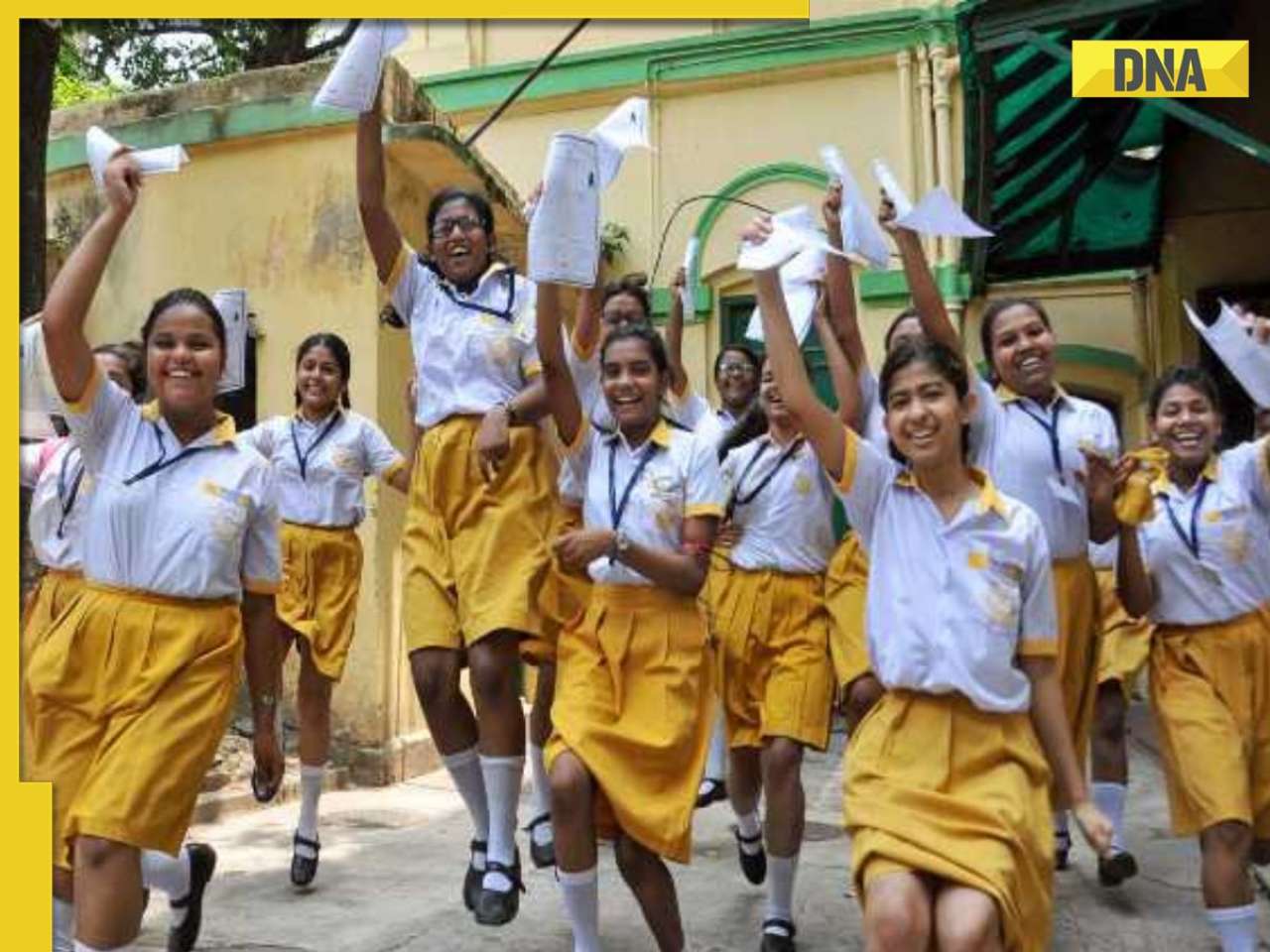
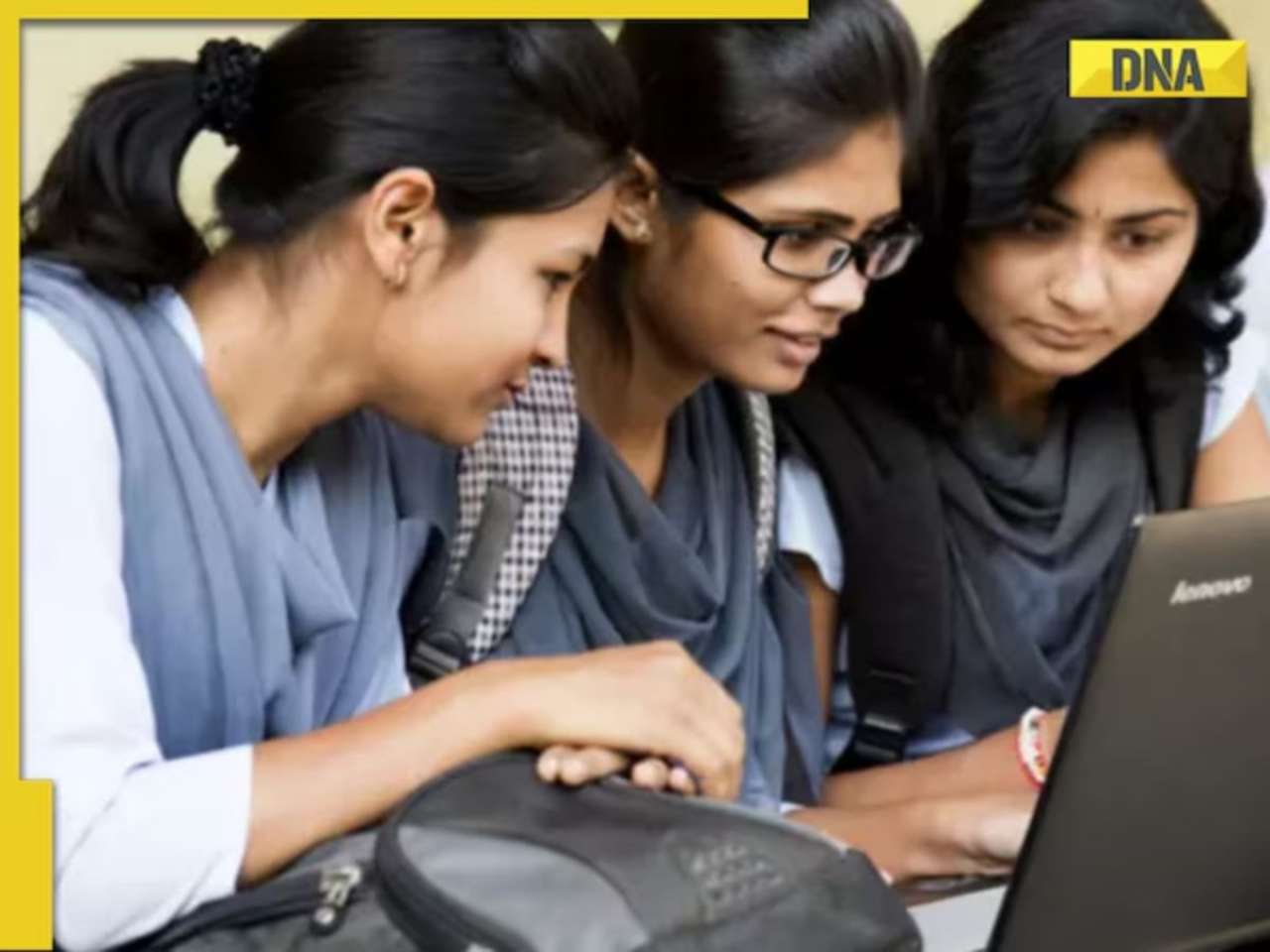
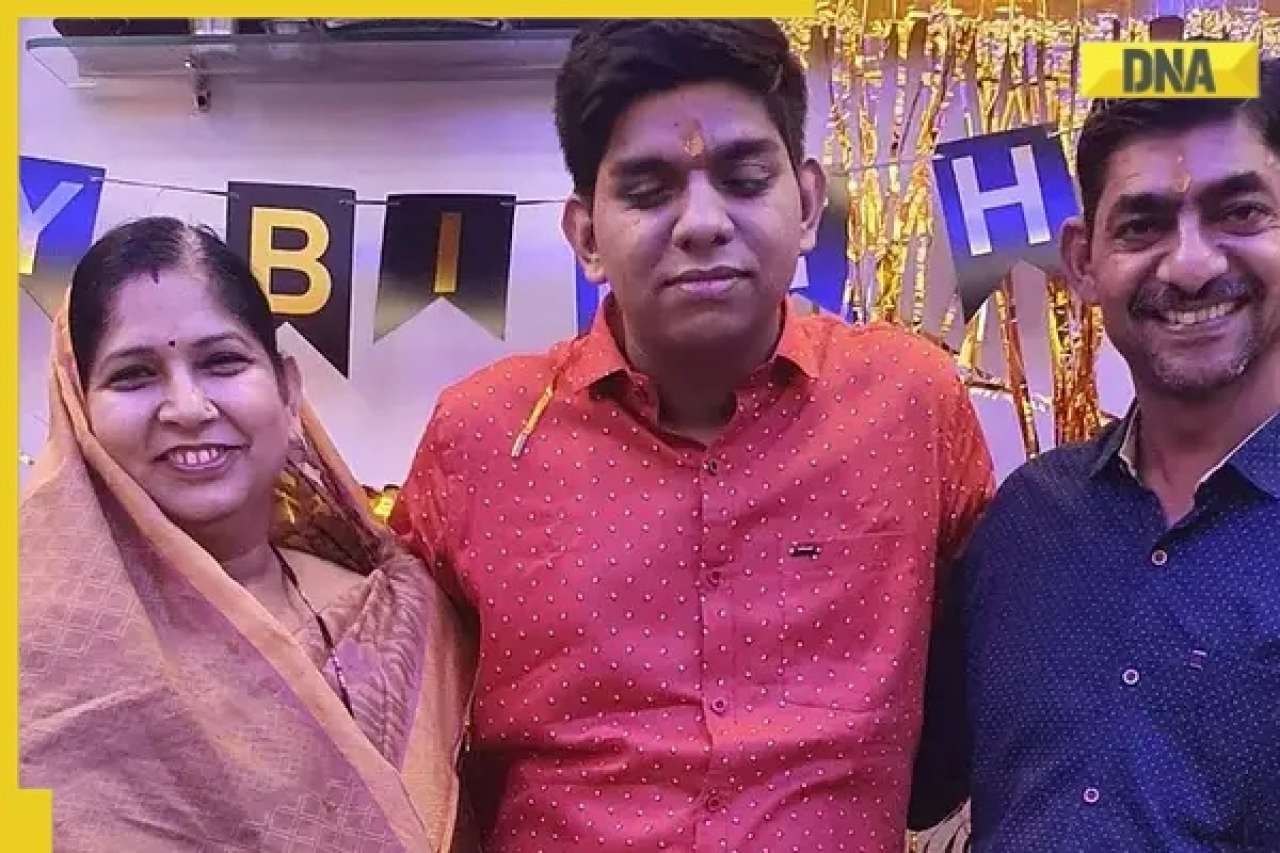

















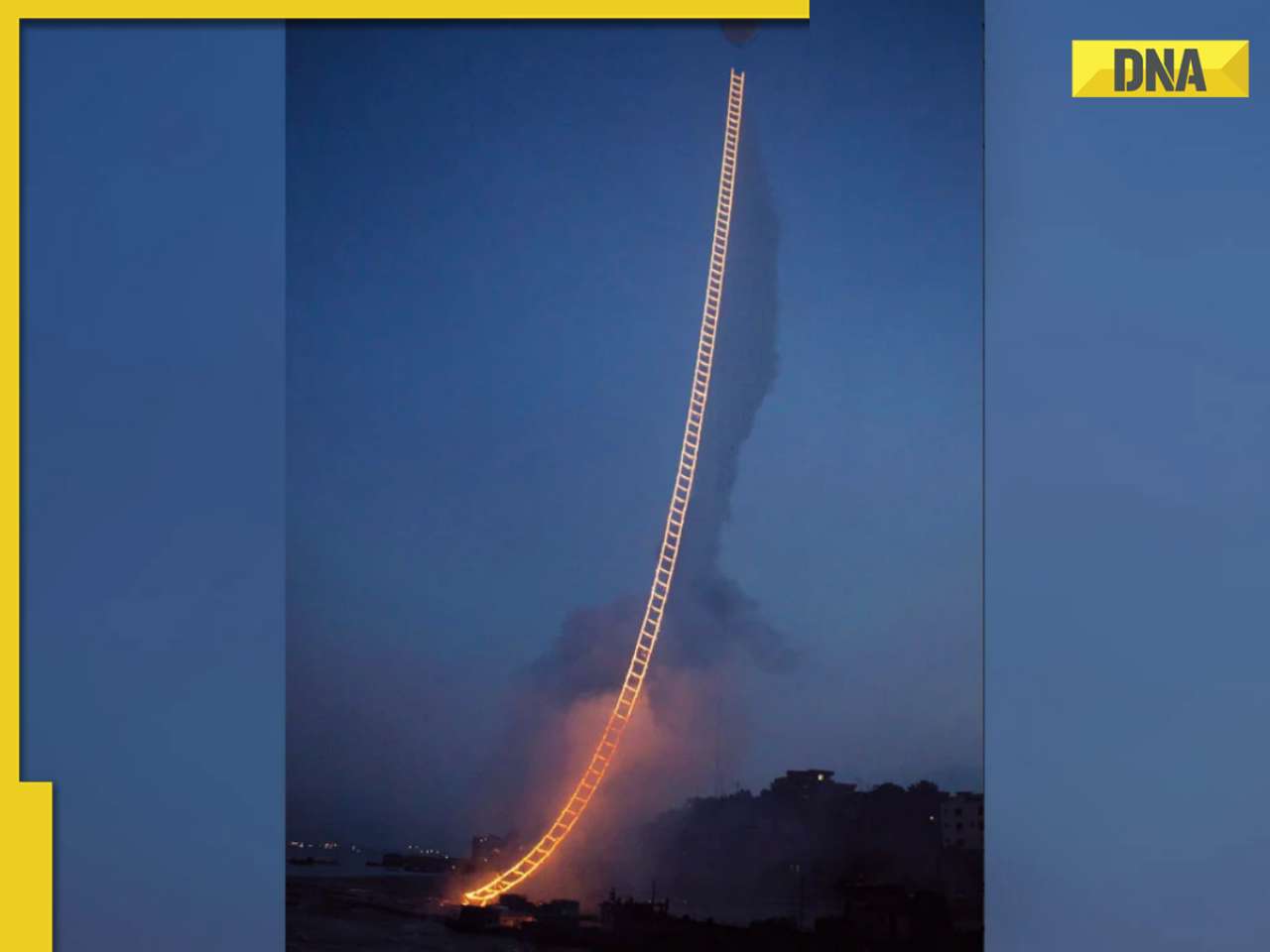
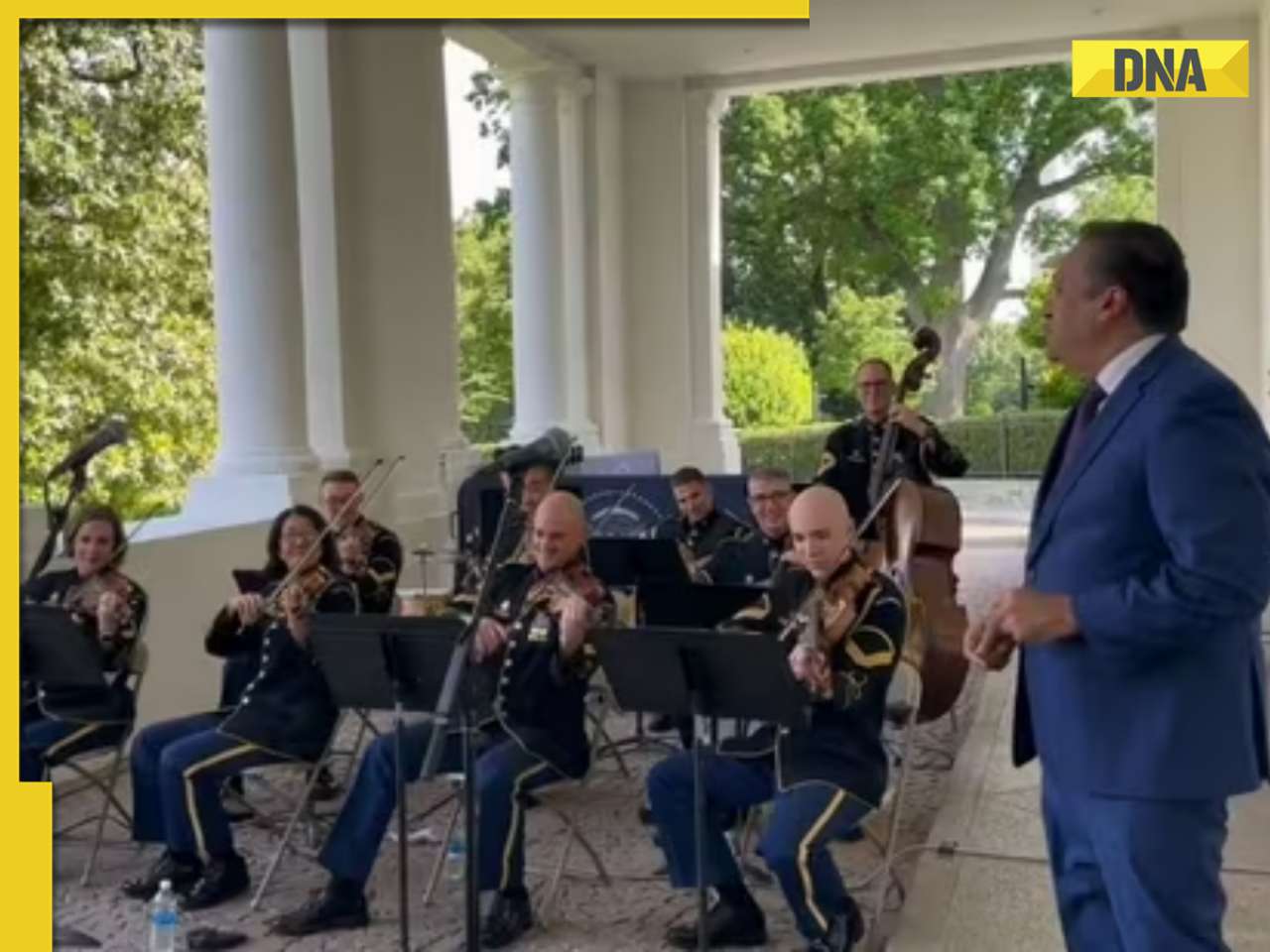





















)
)
)
)
)
)